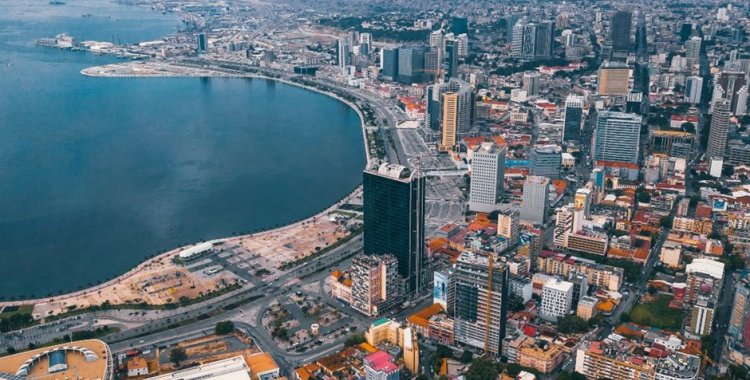"Several African countries are among the most vulnerable in terms of debt payments, but we don't think any nation will default; even the three riskiest economies - Mozambique, Kenya and Angola - can avoid the fate of Ghana and Zambia ", write the analysts, in an analysis of the risk of financial default in 60 emerging economies.
"Excluding Ghana and Zambia, which have already entered 'default', Mozambique, Kenya and Angola are among the 10 most risky countries, but a closer look at these countries shows mitigating factors in each of them", the analysts add , stressing that "the maturity of the next debt bond in Mozambique is in 2031, Kenya has the support of the International Monetary Fund and oil is giving Angola room to maneuver".
High interest rates, currency depreciation, slowing growth and rising import prices have increased the risk of financial defaults globally, but especially in sub-Saharan Africa, says Bloomberg Economics.
"Financial defaults in Zambia in 2020 and Ghana in 2022 could lead to questions about who comes next, but country-level analysis suggests further defaults beyond these two countries are unlikely," the analysts point out. .
Regarding Mozambique, Bloomberg Economics says that despite being a risky country, the fact that around 40 percent of the external debt is concessional, that is, at better prices than the market, and that it has an IMF program, helps the country to provide security to investors.
Furthermore, they add, "Mozambican commercial debt is very low, as the US$900 million in foreign currency debt securities (Eurobonds), which are worth 7 percent of the external debt, are only due in 2031."
In Mozambique's favor is also the fact that the debt to GDP ratio has fallen from 126 percent in 2016, at the height of the hidden debt scandal, to 90 percent of GDP currently, and also "the prospect of investments in natural gas sector, which is expected to increase Government revenues, from 0.1 percent this year to 0.9 percent of GDP in 2028".
If in the case of Mozambique natural gas is comforting in terms of tax revenues, in Angola it is oil that will provide room for maneuver, with Bloomberg Economics saying that it is oil "saving Angola".
Angola's vulnerability "comes from its high costs to service the debt, which are expected to increase following the devaluation of the kwanza by around 40 percent against the dollar in the last three months", these analysts write.
Despite this, they point out, "high oil prices give the country great room for maneuver", and the economy returned to growth in 2021 after five years of recession.
"Growth increased to 2.8 percent in 2022 from 1.1 percent in 2021, which helped strengthen revenue mobilization efforts, shifted the budget balance-to-GDP ratio to a surplus and brought debt public share of GDP to less than 100 percent".







